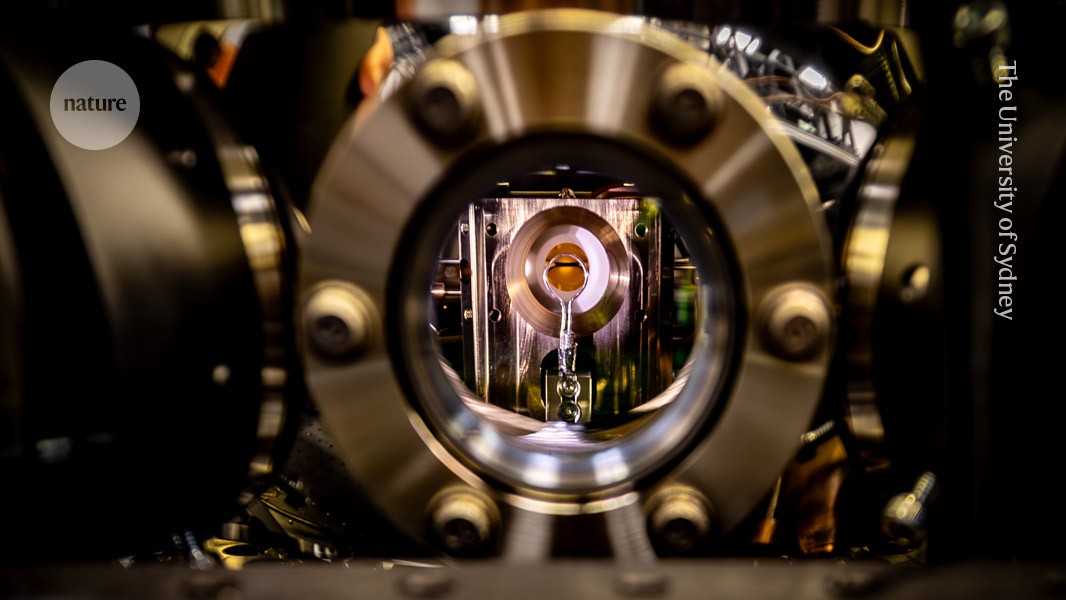
"The key advantage of this approach is that it is incredibly hardware-efficient. The single atom can encode the information that is normally spread across a dozen or so 'qubits'."
"This is a tour-de-force that will remain in the history books. No quantum computer had simulated this level of complexity in the energy levels of molecules before."
"Understanding the precise sequence of these events can help chemists to design molecules that channel energy in the most useful or efficient way."
"The researchers found a way to encode these different parameters into a single ytterbium ion trapped in a vacuum using pulsating electric fields."
Researchers have achieved unprecedented quantum simulations using a single atom, which could lead to significant breakthroughs in quantum computing and chemistry. This minimalistic yet efficient approach encodes complex molecular behaviors, previously reliant on numerous qubits, into one ytterbium ion. The study, published in the Journal of the American Chemical Society, showcases the simulation of three organic molecules reacting to photons, revealing intricate details about molecular vibrations and electron excitations. These insights may improve energy design in applications like solar energy and pharmaceuticals, marking a major step towards achieving quantum advantage in computational chemistry.
Read at Nature
Unable to calculate read time
Collection
[
|
...
]